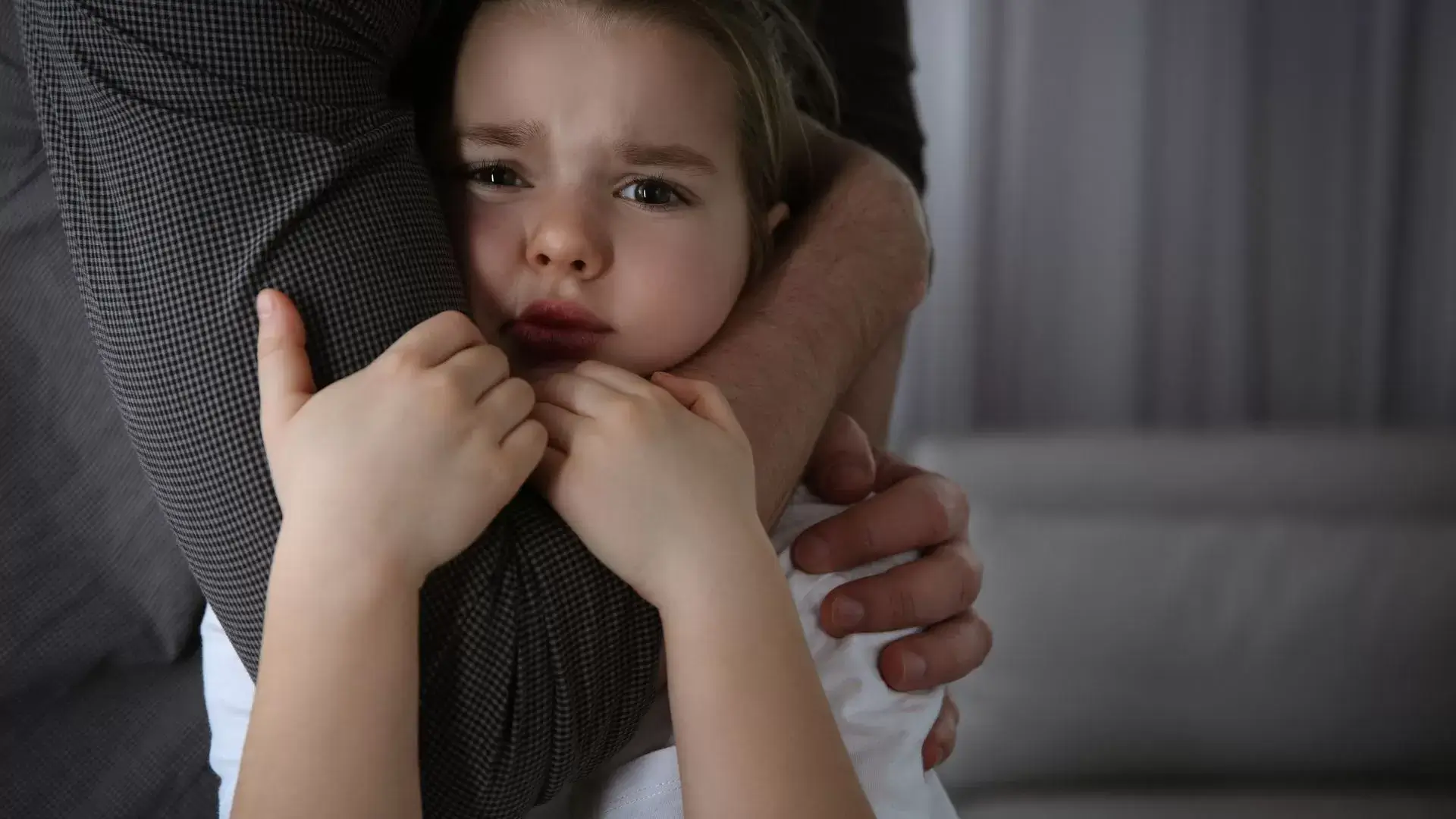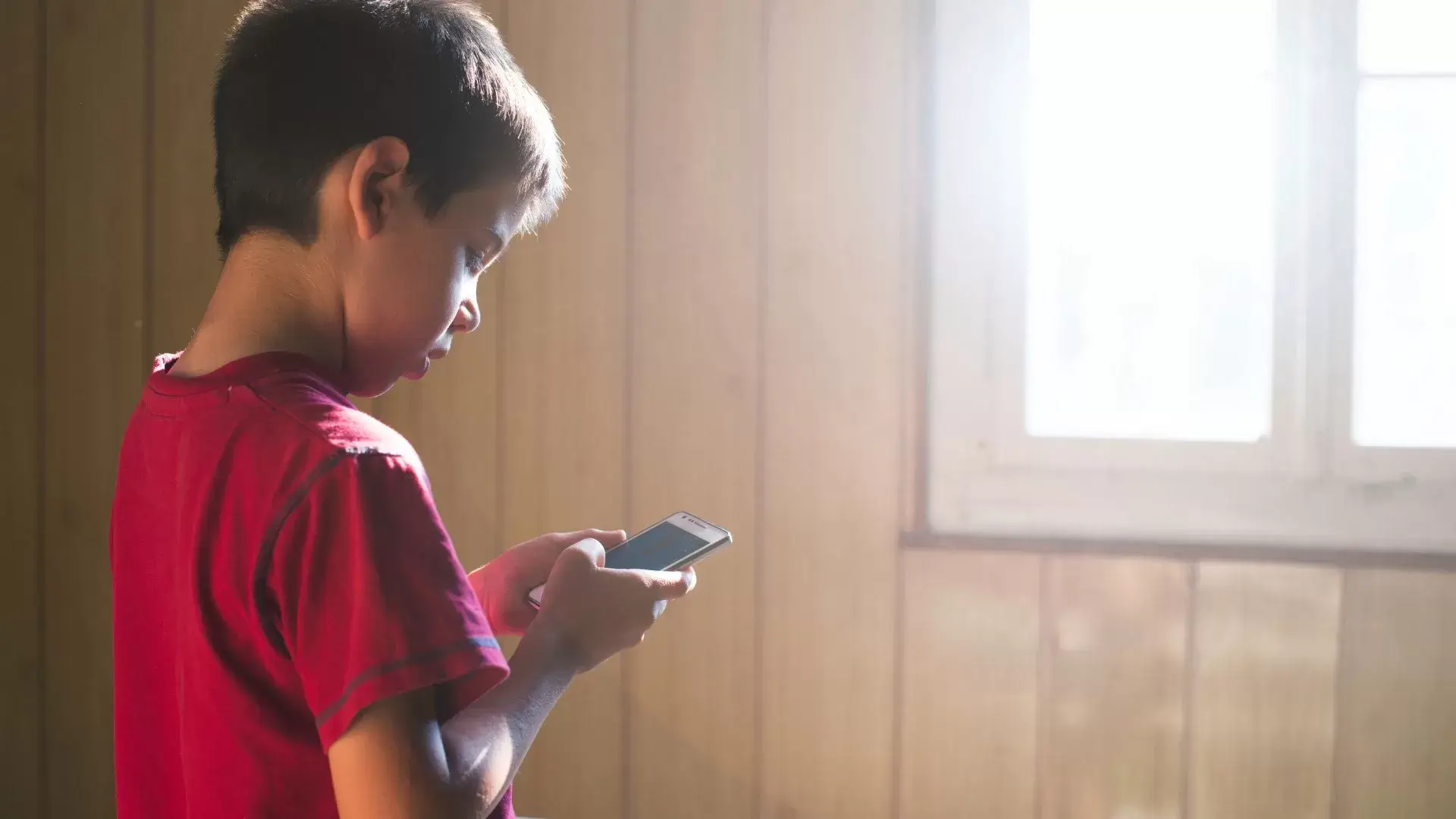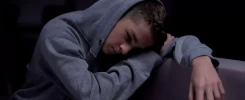We acknowledge that the digital world can expose children to significant risks of online sexual abuse, making it vital for us to recognize these dangers. Younger kids, especially those under 13, often struggle to maneuver online interactions. Social isolation and previous trauma can increase vulnerability, as children may seek validation from online strangers. Predators exploit this by using grooming tactics to build trust. Recognizing the signs, such as withdrawal or inappropriate behavior, is essential for protection. By exploring this topic further, we can better support our children in managing these risks while fostering a safe online environment.
About Mississauga Psychotherapist
As we explore the complexities of online sexual abuse risks for children, it’s crucial to understand the role of an Mississauga psychotherapist in providing support and guidance to affected families. These professionals specialize in addressing the emotional and psychological distress that can arise from such traumatic experiences.
An Mississauga psychotherapist, located at 1834 Lakeshore Rd W #6PA, Mississauga, ON L5J 1J7, offers a safe space for children and their families to express their feelings and navigate their fears. They utilize evidence-based therapeutic techniques tailored to the unique needs of each child, helping them regain a sense of safety and control.
Moreover, they play a significant role in educating parents about online safety and the signs of potential abuse. By fostering open communication, we can empower families to protect their children from online threats. We can reach out to this Mississauga psychotherapist at (289) 212-8465 for guidance on how to address these critical issues. Ultimately, the support of a trained professional can be transformative, helping families heal and rebuild their lives in the face of adversity.
Defining Online Sexual Abuse of a Child
Understanding online sexual abuse of a child involves recognizing the various forms it can take, including exploitation through inappropriate communication, the sharing of explicit content, and grooming behaviors that manipulate and coerce young individuals into harmful situations. We must also acknowledge that these acts often occur in seemingly innocent online spaces, making it difficult for children to recognize the danger.
In our digital age, children can be approached by predators who use tactics like flattery or deception to gain trust. This grooming process can be subtle, leading to manipulation that ultimately places children in vulnerable positions. It’s essential to identify that online sexual abuse isn’t limited to direct contact; it can also involve the sharing of explicit materials, which can have devastating effects on a child’s mental and emotional well-being.
Moreover, we should consider that online sexual abuse can occur through manipulation in chat rooms, social media platforms, and games. The internet, while a valuable resource, can also be a breeding ground for exploitation. By understanding these various forms of abuse, we can better protect our children and foster safer online environments.

Identifying Who Is Most Vulnerable to Online Abuse
Certain groups of children are more susceptible to online sexual abuse due to factors like age, social isolation, and previous trauma, highlighting the urgent need for vigilance and targeted prevention strategies. Younger children, especially those under 13, often lack the skills to navigate complex online environments and may not fully understand the risks. Their innocence can make them easy targets for predators.
Socially isolated children, whether due to bullying or family dynamics, may seek validation and companionship online. This desire can lead them to engage with strangers, increasing their vulnerability. Additionally, children who have experienced trauma, such as abuse or neglect, might struggle with boundaries and trust, making them more likely to fall victim to manipulative individuals.
We must also recognize that children with disabilities, whether physical or cognitive, can be at heightened risk. Their unique challenges can make it difficult for them to articulate their experiences or seek help. By understanding these vulnerabilities, we can better equip ourselves to protect children, fostering safer online spaces and implementing proactive measures that address their specific needs. Together, we can create a more secure environment for every child.

Recognizing the Various Types of Online Abuse Children May Face
Children face a range of online abuses that can profoundly impact their emotional and psychological well-being, making it essential for us to recognize and address these threats. One of the most pervasive forms of abuse is cyberbullying, where children are targeted through harmful messages or social media posts. This constant harassment can lead to feelings of isolation and depression.
Another alarming type of abuse is grooming, where predators build trust with children to exploit them. They often use manipulative tactics, making it critical for us to understand how these interactions can escalate. In addition, we must be aware of exposure to inappropriate content, which can occur through social media or gaming platforms. Such encounters can leave lasting scars on a child’s development.
Moreover, we should consider the risks associated with live streaming, as children may inadvertently expose themselves to harmful individuals. Finally, identity theft is a growing concern, as children may unknowingly share personal information, leading to exploitation. By recognizing these various forms of online abuse, we can better equip ourselves and our children to navigate the digital landscape safely and securely.

Signs and Symptoms of Online Child Sexual Abuse
When we look for signs of online child sexual abuse, it’s crucial to pay attention to changes in a child’s behavior, mood, and online activity that may indicate they’re experiencing distress or manipulation. One of the first red flags we might notice is withdrawal from friends and family. If a child suddenly becomes secretive about their online interactions or stops discussing their online activities, it can be a cause for concern.
We should also be vigilant for signs of anxiety or depression, such as changes in sleep patterns or unexplained mood swings. Children who are victims of online sexual abuse may exhibit behaviors like fear of certain individuals or situations, which can indicate they’ve been coerced or threatened. Additionally, if we observe inappropriate sexual knowledge or behavior for their age, this could signal exposure to disturbing content or interactions.
Lastly, an increase in digital device usage, especially at odd hours, can suggest that a child is engaging in risky online behavior. By staying attentive to these signs, we can better support and protect our children from the dangers that lurk online, ensuring their safety and well-being.
Seek Help from Our Registered Psychotherapists
Recognizing the signs of online sexual abuse in children is just the first step; seeking help from our registered psychotherapists in Mississauga can provide the necessary support and guidance for healing and recovery. We acknowledge that the emotional toll of such experiences can be overwhelming for both children and their families. Our skilled professionals are trained to address the complex feelings of fear, shame, and confusion that often accompany these situations.
When we reach out for help, we create a safe space where children can express their thoughts and feelings without judgment. Our therapists use evidence-based approaches tailored to each child’s unique needs, ensuring they receive the best possible care. We recognize the importance of involving parents and guardians in the therapeutic process, empowering them with strategies to support their child’s healing journey.
Additionally, our psychotherapists can provide resources and coping techniques to help families navigate the aftermath of abuse. By working together, we can foster resilience and promote healthy emotional development for children affected by online sexual abuse. Seeking help isn’t just a sign of vulnerability; it’s a courageous step towards recovery and a brighter future. Let’s take this journey together.



